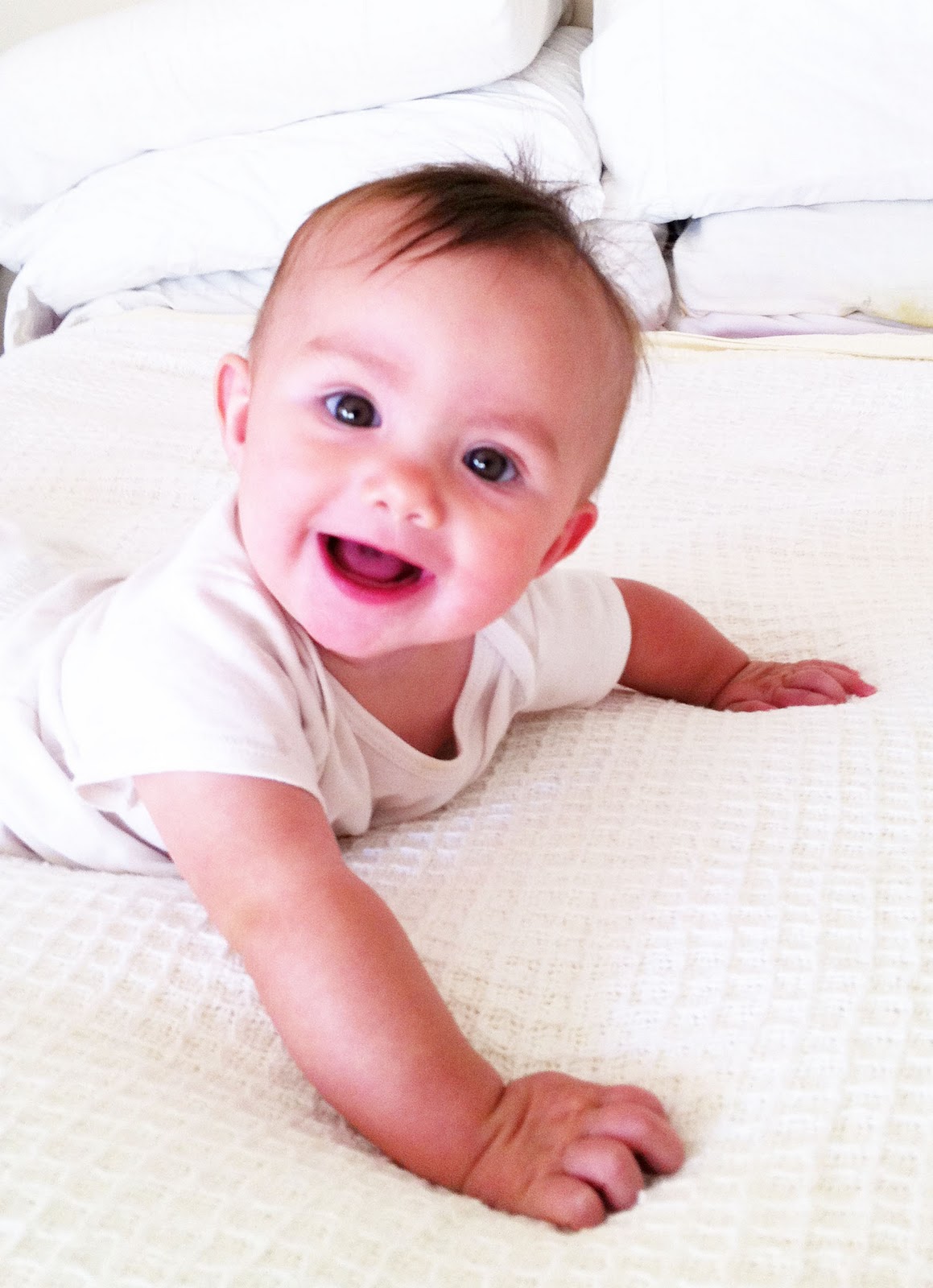
When things just weren’t going very well for Chicago White Sox pitcher Lucas Giolito last season, he knew he had to do something. He ended the 2018 season with an ERA of 6.13, the highest among AL starters who threw at least 160 innings. But, the 24 year old Lucas has all that is needed physically to succeed in the major league. He’s 6’6″ and can throw a fastball consistently in the upper 90’s. So what did he do in the off season to change things around? He altered his motion a bit, and improved his brain! Enhanced his quiet focus. Learned to intrinsically control his emotions on the mound. Giolito did this with Neurofeedback training. Read about it here and see a video of Giolito talking about Neurofeedback.
Neurofeedback has been used by lots of professional and olympic athletes, including Sean Casey, who used Neurofeedback to increase his batting average. Click here to see how Neurofeedback helped other athletes.
If you’re an athlete looking to better your performance with Neurofeedback, contact us at 904-584-4210 or FLNeurotherapy@aol.com, for a complimentary consult. CAUTION: If you are a high school athlete, doing Neurofeedback may have side effects including better grades in school!


